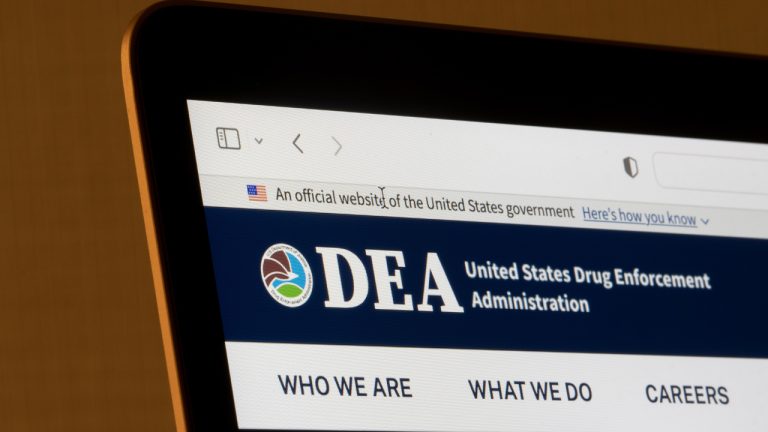
In a revealing report published on August 24, 2023, a significant oversight by the Drug Enforcement Agency (DEA) was brought to light. In their endeavor to manage assets confiscated from a nefarious enterprise, the DEA mistakenly funneled funds to an unrelated scammer, falling prey to a notorious crypto dusting scam.
Blockchain Blunder: DEA Mistakenly Transfers $55K to Crafty Scammer
Previously this year, the DEA suffered a setback, losing over $50,000 to a rampant cryptocurrency con. This hefty sum had been seized over a long three-year probe into the use of digital currencies for suspected drug money laundering, as chronicled by Forbes’ Thomas Brewster.
Come May, the DEA undertook a massive seizure, capturing nearly $500,000 in the stable cryptocurrency, tether (USDT). This operation pinpointed two Binance accounts believed to be channels for the illicit flow of drug-tainted proceeds. A search warrant, available to Forbes, verified this narrative.
In a bid for security, the DEA transferred these assets to their vaulted accounts. They were subsequently housed in a Trezor hardware wallet, safely tucked away in a fortified location. But, unbeknownst to the DEA, an astute fraudster had their eyes glued to the blockchain.
Detecting the DEA’s trial transaction — a mere $45.36 in tether sent to the U.S. Marshals — the fraudster saw an opportunity and pounced. Employing a method dubbed “dusting,” the trickster dispatched a minuscule fraction of USDT to the DEA’s digital coffer.
This subtle transaction laid the groundwork for a snare. The DEA’s crypto wallet, upon acknowledging this trifling deposit, laid its defenses bare. Hoping to ensnare the funds’ custodian, the scammer anticipated the owner would mistake the dusting address for a legitimate U.S. Marshals’ one.
Interestingly, the ruse proved successful. The DEA, misled by the fraudulent address, unwittingly dispatched $55,000 in tether to the impostor. Jolted by this misstep, the DEA sprang into action, seeking the diverted funds.
Teaming up with Binance, they pinpointed the accounts tied to the scam. However, the money had vanished — morphed into bitcoin (BTC) and dispersed amidst a sea of wallets, leaving recovery an uphill battle. Brewster further detailed that the DEA and the Federal Bureau of Investigation (FBI) declined to comment on the mishap.
What do you think about the DEA’s mistake? Share your thoughts and opinions about this subject in the comments section below.




